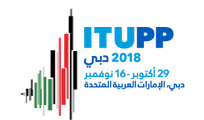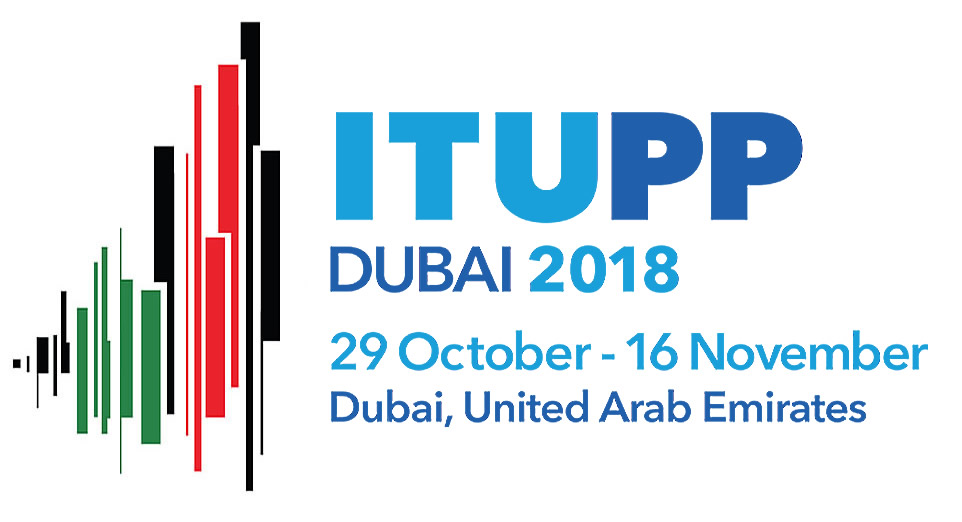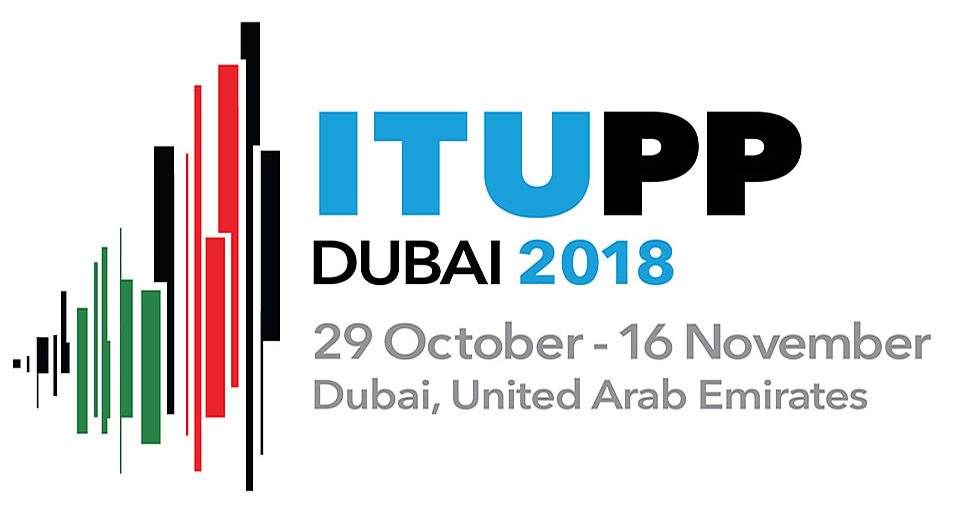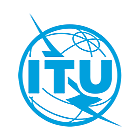Mr Chairman,
Secretary General of the ITU,
Heads of Delegations,
Distinguished delegates,
I would like to thank the Government of the United Arab Emirates for hosting this prestigous event and for the hospitality extended to me and my delegation. It is indeed an honour and privilege for me, on behalf of the Government of the Republic of Namibia, to address you this morning.
To date Namibia has developed a compendium of laws and policies aimed at promoting ICT development, adoption and usage. An independent regulatory authority has been established to oversee the implementation of these policies and laws. The Namibian ICT sector has been liberalised and accommodates various players.
As a country, Namibia is committed to the Connect 2020 agenda and has made great strides in ICT infrastructure development. Our commitment is underpinned in four goals:
Namibia is committed to foster connectivity and its ICT targets for 2020 as entrenched in our developmental plans.
- Having reached 73% of broadband coverage, we intend to reach 80 percent of the population of Namibia by 2020; and
- 100 percent Broadband connectivity and usage by all public sector agencies in Namibia to allow for e-governance by 2020.
We are committed to bridge the digital divide by reducing the rural – urban, gender and rich-poor. This is embedded in the “Broadband for all” principle. Namibia’s 100% coverage project is aimed to stimulate infrastructure development to provide Internet, mobile, and digital television services to all Namibians. Namibia prioritised universal access and service and the three pillars of accessibility, affordability, and quality of service are imperative to support universal ICT services.
The provision of ICT services comes with challenges of cybersecurity and increased e–waste. We are in the process of finalising responsive legal frameworks so as to address cybersecurity Co verbs thereby ensuring safe online services and e-waste management. This will ultimately minimise the impact of e-waste on the environment and human health.
The ICT sector is evolving and requires innovation to unlock opportunities for socio- economic development. We are focused on youth innovation to shape the future and nurture entrepreneurship through the use of ICTs.
Mr. Chairman, allow me to thank the ITU for their continued support in the area of ICT development through their assistance to Namibia in reviewing our ICT policies and legislation. This process would allow Namibia to make even more progress in the ICT sector and attain the set goals.
I wish you all success in these important deliberations.
I THANK YOU






